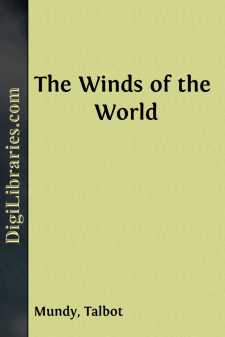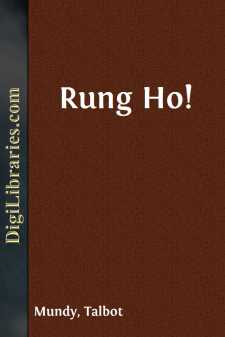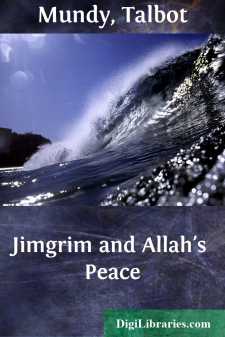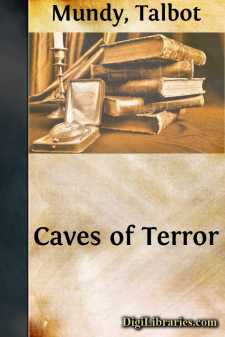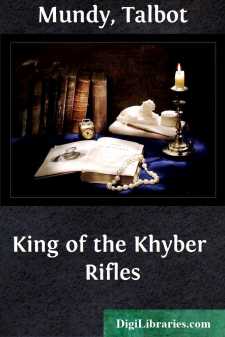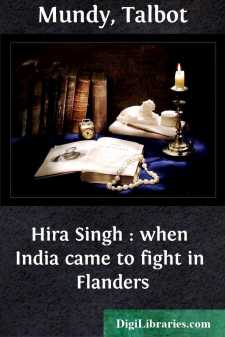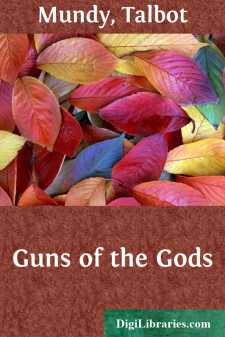Categories
- Antiques & Collectibles 13
- Architecture 36
- Art 48
- Bibles 22
- Biography & Autobiography 813
- Body, Mind & Spirit 142
- Business & Economics 28
- Children's Books 17
- Children's Fiction 14
- Computers 4
- Cooking 94
- Crafts & Hobbies 4
- Drama 346
- Education 46
- Family & Relationships 57
- Fiction 11829
- Games 19
- Gardening 17
- Health & Fitness 34
- History 1377
- House & Home 1
- Humor 147
- Juvenile Fiction 1873
- Juvenile Nonfiction 202
- Language Arts & Disciplines 88
- Law 16
- Literary Collections 686
- Literary Criticism 179
- Mathematics 13
- Medical 41
- Music 40
- Nature 179
- Non-Classifiable 1768
- Performing Arts 7
- Periodicals 1453
- Philosophy 64
- Photography 2
- Poetry 896
- Political Science 203
- Psychology 42
- Reference 154
- Religion 513
- Science 126
- Self-Help 84
- Social Science 81
- Sports & Recreation 34
- Study Aids 3
- Technology & Engineering 59
- Transportation 23
- Travel 463
- True Crime 29
Our website is made possible by displaying online advertisements to our visitors.
Please consider supporting us by disabling your ad blocker.
The Winds of the World
by: Talbot Mundy
Description:
Excerpt
CHAPTER I
A watery July sun was hurrying toward a Punjab sky-line, as if weary of squandering his strength on men who did not mind, and resentful of the unexplainable—a rainy-weather field-day. The cold steel and khaki of native Indian cavalry at attention gleamed motionless between British infantry and two batteries of horse artillery. The only noticeable sound was the voice of a general officer, that rose and fell explaining and asserting pride in his command, but saying nothing as to the why of exercises in the mud. Nor did he mention why the censorship was in full force. He did not say a word of Germany, or Belgium.
In front of the third squadron from the right, Risaldar-Major Ranjoor Singh sat his charger like a big bronze statue. He would have stooped to see his right spur bettor, that shone in spite of mud, for though he has been a man these five-and-twenty years, Ranjoor Singh has neither lost his boyhood love of such things, nor intends to; he has been accused of wearing solid silver spurs in bed. But it hurt him to bend much, after a day's hard exercise on a horse such as he rode.
Once—in a rock-strewn gully where the whistling Himalayan wind was Acting Antiseptic-of-the-Day—a young surgeon had taken hurried stitches over Ranjoor Singh's ribs without probing deep enough for an Afghan bullet; that bullet burned after a long day in the saddle. And Bagh was—as the big brute's name implied—a tiger of a horse, unweakened even by monsoon weather, and his habit was to spring with terrific suddenness when his rider moved on him.
So Ranjoor Singh sat still. He was willing to eat agony at any time for the squadron's sake—for a squadron of Outram's Own is a unity to marvel at, or envy; and its leader a man to be forgiven spurs a half-inch longer than the regulation. As a soldier, however, he was careful of himself when occasion offered.
Sikh-soldier-wise, he preferred Bagh to all other horses in the world, because it had needed persuasion, much stroking of a black beard—to hide anxiety—and many a secret night-ride—to sweat the brute's savagery—before the colonel-sahib could be made to see his virtues as a charger and accept him into the regiment. Sikh-wise, he loved all things that expressed in any way his own unconquerable fire. Most of all, however, he loved the squadron; there was no woman, nor anything between him and D Squadron; but Bagh came next.
Spurs were not needed when the general ceased speaking, and the British colonel of Outram's Own shouted an order. Bagh, brute energy beneath hand-polished hair and plastered dirt, sprang like a loosed Hell-tantrum, and his rider's lips drew tight over clenched teeth as he mastered self, agony and horse in one man's effort. Fight how he would, heel, tooth and eye all flashing, Bagh was forced to hold his rightful place in front of the squadron, precisely the right distance behind the last supernumerary of the squadron next in front.
Line after rippling line, all Sikhs of the true Sikh baptism except for the eight of their officers who were European, Outram's Own swept down a living avenue of British troops; and neither gunners nor infantry could see one flaw in them, although picking flaws in native regiments is almost part of the British army officer's religion....


